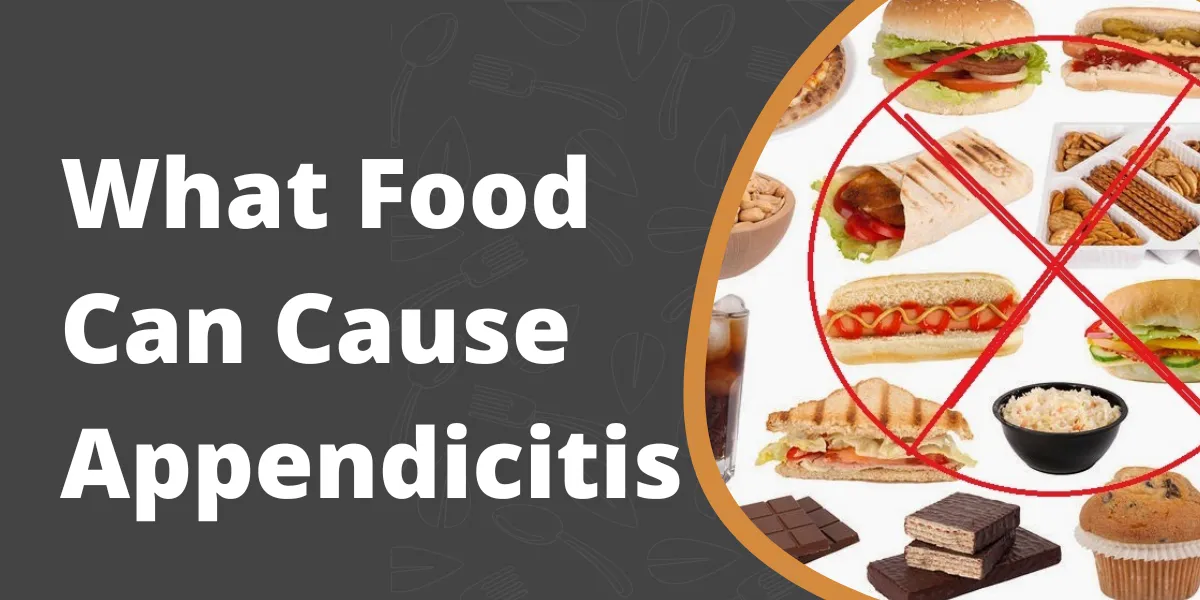What Food Can Cause Appendicitis?
Appendicitis is a medical condition that occurs when the appendix, a small pouch-like organ located in the lower right abdomen, becomes inflamed and infected. It is a painful condition that often requires immediate medical attention. While the exact cause of appendicitis is not always clear, there are certain factors that can increase the risk, including diet.
Although there is no specific food that directly causes appendicitis, there are some dietary choices that can potentially contribute to its development. In this article, we will explore these food choices and their potential impact on appendicitis.
Highly Processed Foods:
Consuming a diet high in processed foods is generally associated with a variety of health problems, and appendicitis may be one of them. Processed foods often contain high amounts of unhealthy fats, refined sugars, and additives. These factors can contribute to inflammation in the body, including the appendix. Therefore, it is advisable to limit the intake of processed foods and opt for fresh, whole foods instead.
Low-Fiber Diet:
A diet low in fiber is another dietary factor that may play a role in the development of appendicitis. Fiber is essential for maintaining regular bowel movements and preventing constipation. When constipation occurs, there is a higher risk of fecal matter getting trapped in the appendix, leading to inflammation and infection.
To promote a healthy digestive system and reduce the risk of appendicitis, it is recommended to include an adequate amount of fiber-rich foods such as fruits, vegetables, whole grains, and legumes in your diet.

Fatty and Fried Foods:
Consuming excessive amounts of fatty and fried foods can have negative effects on your overall health, including the potential to contribute to appendicitis. These types of foods are often high in unhealthy fats and can lead to increased inflammation in the body.
Additionally, the digestion of fatty foods can slow down, increasing the risk of constipation. To maintain a healthy diet and reduce the risk of appendicitis, it is advisable to limit the intake of fatty and fried foods and opt for healthier cooking methods such as baking, grilling, or steaming.
Food Allergies and Sensitivities:
While food allergies and sensitivities are not directly linked to appendicitis, they can trigger gastrointestinal symptoms that may contribute to its development. In some cases, certain food allergies or sensitivities can cause inflammation in the gastrointestinal tract, which may affect the appendix. If you suspect that you have any food allergies or sensitivities, it is important to identify and avoid the specific trigger foods to maintain overall gut health.
While there is no definitive list of foods that directly cause appendicitis, making wise dietary choices can help reduce the risk of developing this condition. Avoiding highly processed foods, maintaining a fiber-rich diet, limiting fatty and fried foods, and addressing any food allergies or sensitivities are all important steps in promoting a healthy digestive system and potentially reducing the risk of appendicitis. As with any health concern, it is advisable to consult with a healthcare professional for personalized advice and guidance.




